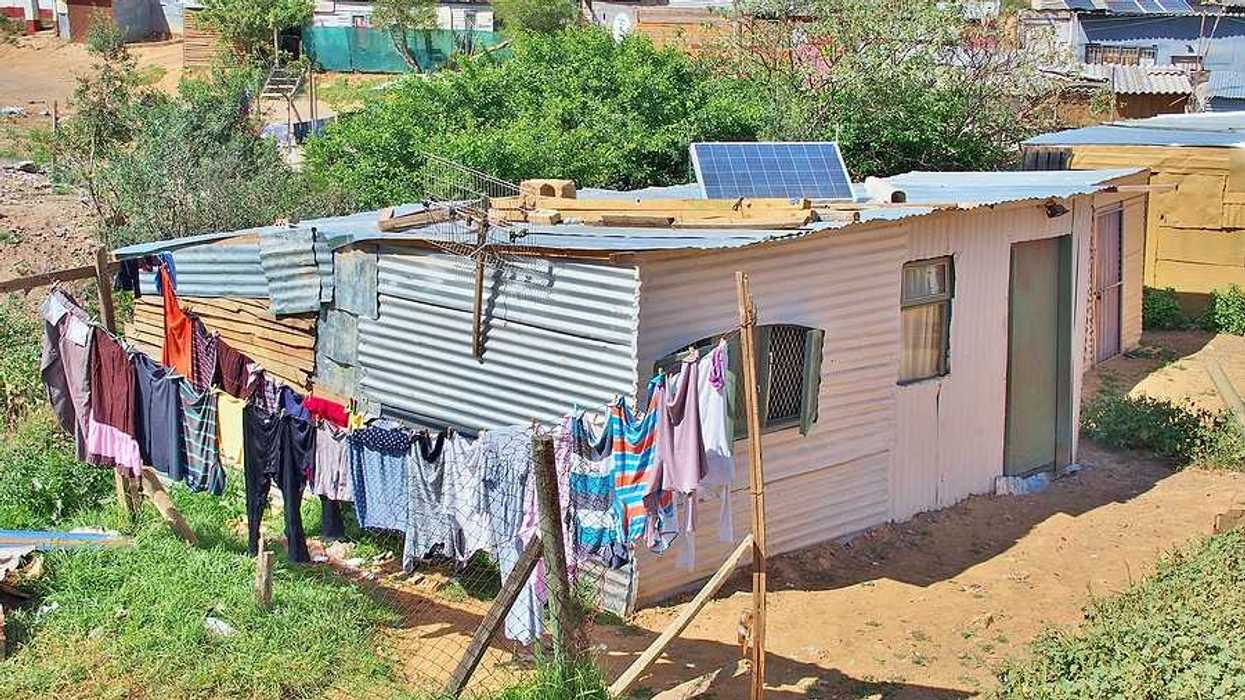State officials ignored months of warnings about contaminated water at a Florida women's prison, exposing inmates to potential health risks.
Max Chesnes and Christopher O'Donnell report for Tampa Bay Times.
In short:
- Contamination from a nearby firefighter college infiltrated the Lowell Correctional Institute's water supply, with chemical levels far exceeding safety standards.
- Despite clear evidence of contamination, no immediate action was taken to inform or protect the prison's inmates, leaving them to consume potentially harmful water.
- Efforts to secure state funding for a clean water pipeline have repeatedly failed, leaving the prison and its inhabitants in a precarious position.
Key quote:
“I think they feel we deserve less because we’re prisoners, that because we’re here, we don’t deserve treatment and proper care.”
— Shauna Taylor, inmate at Lowell Correctional Institution.
Why this matters:
Correctional facilities have increasingly become a focus in environmental justice research, although activists have been organizing around this issue for decades. Incarcerated people are a vulnerable group, with limited access to information and few avenues for raising concerns about their exposure to harmful substances.
Be sure to also read our guide on Environmental Injustice.














